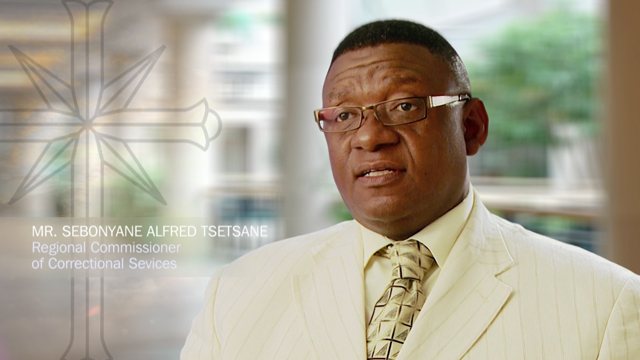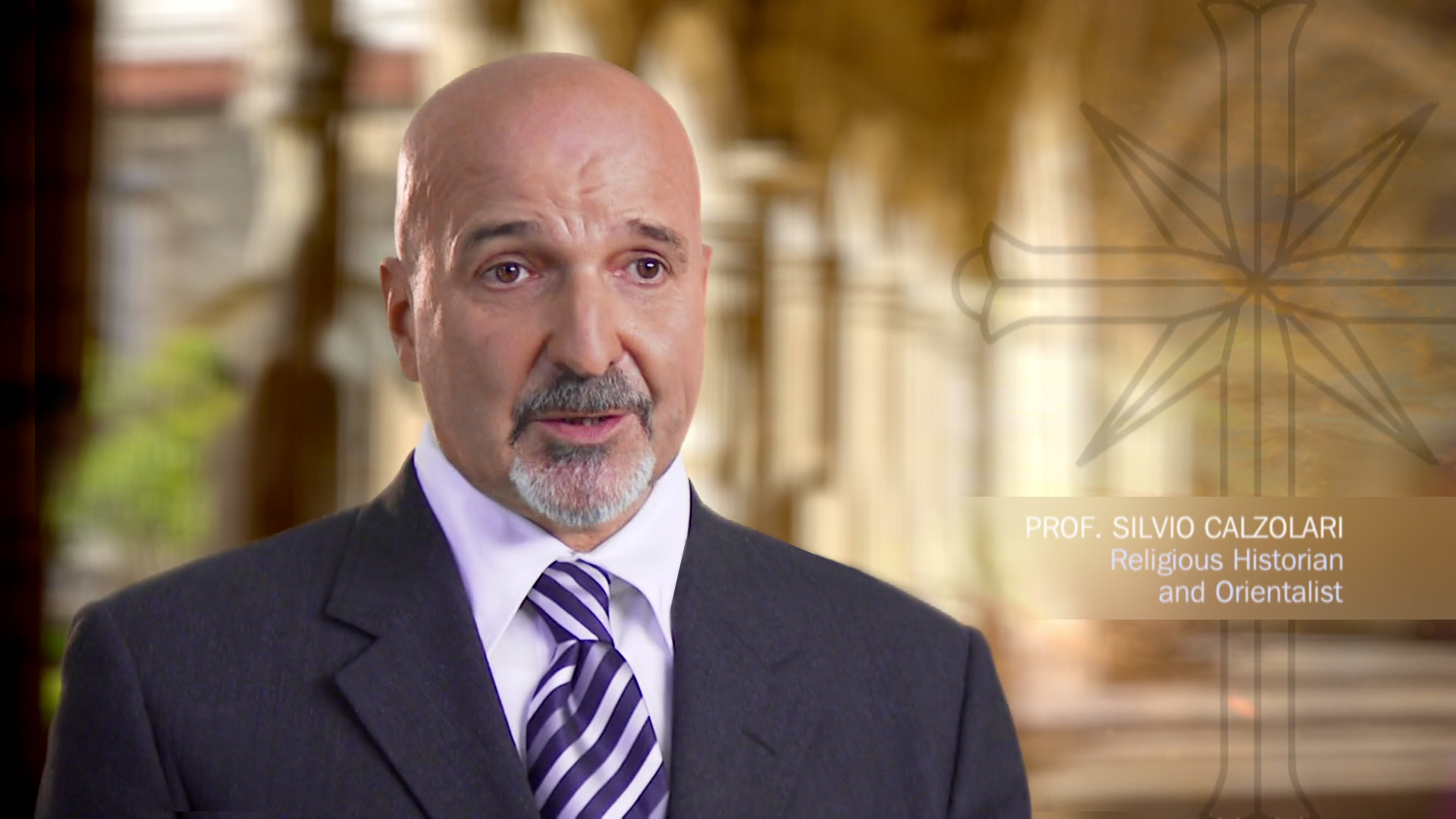Professor and attorney Derek Davis, a fellow, director and officer of the International Academy for Freedom of Religion and Belief, describes L. Ron Hubbard as “one of the most interesting people to come along in a very, very long time..the range of topics he dealt with was virtually endless.” Isaac Newton, Albert Einstein and Thomas Jefferson were brilliant men,”but they did not have the range he had,” Dr. Davis says. “You don’t meet many people like this who are that far reaching in terms of touching so many aspects of life.”
“The wealth of material that he provided, the range of questions that he addressed, the multitude of answers that he sought to provide to these questions—he was among the deepest thinkers that humanity has had.”
Video Transcript:
L. Ron Hubbard is one of the most interesting people to come along in a very, very long time. I was always fascinated by him because the range of topics that he dealt with was virtually endless. I wouldn’t even know how to classify him or categorize him. He was a philosopher, he was a theologian, he was something of an astronomer, a cosmologist. He was a biological researcher. He was a physicist, a scientist, he dealt with agriculture. He was a pilot, an airman. He was a sailor. He was virtually everything. And you don’t meet many people like this, who are that far-reaching in terms of touching so many different aspects of life.
Of course he wrote about all these things—he was a prolific writer. I had the opportunity to read a number of his writings, and I don’t think there’s been anybody that I’m aware of who was more prolific as a writer. So quite an impressive fellow. There have been people throughout history who were brilliant men. I think of people like Isaac Newton and Albert Einstein, Thomas Jefferson—these people were brilliant people, but those people didn’t have the range that he had.
He was, like most of us, interested in the most basic question. It’s interesting that we’re pretty far along, pretty far developed as a human civilization, but there’s still a lot of questions that we don’t know the answers to. Different groups think that they have the answers to these questions. That’s why we have different philosophies and different religions and different perspectives and different world views. And he had his own, of course, but he not only engaged with these questions: What is Man? What is God? What is the universe? What is our relationship to the universe and to ultimate things? What is spirit? And he was interested in all these questions.
In that respect, he was rooted in history, he was rooted in human culture, the development over time of human culture, saw the future of humanity in very positive terms. He thought we had a long way to go in terms of developing who we can be, but that what he was all about—solutions, not only answers to these deep, eternal questions, but solutions in terms of how to become better people, how to improve humanity, how to improve our relationships among each other, how to develop our spiritual side. He was just very, very profound, very deep-thinking in these things. And he was also unique in that he devised new answers to some of these questions.
The total combination, the accumulation of all the answers to these questions, was somewhat new in the philosophy or theology or world view of what he came to call Scientology.
So I think the world could benefit a lot from L. Ron Hubbard. It is an ideology that has captured the minds and hearts and trust of millions of people around the world. A lot of people had their lives improved, greatly enhanced, through reading about L. Ron Hubbard and his ideas, becoming members of the Church of Scientology. And millions would testify to the benefits of being a Scientologist. So in that respect he has made a real contribution to human life.


